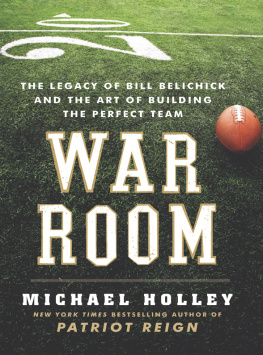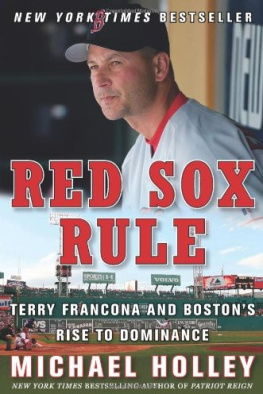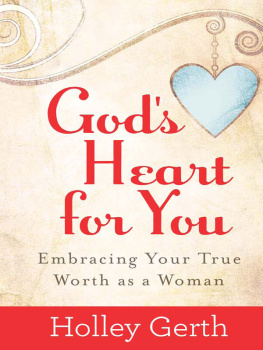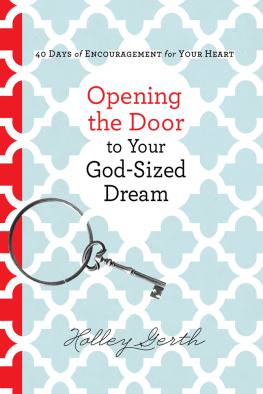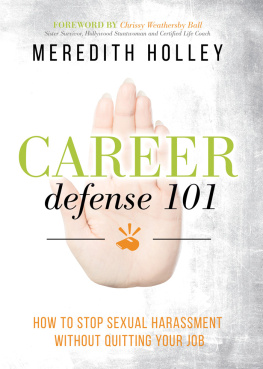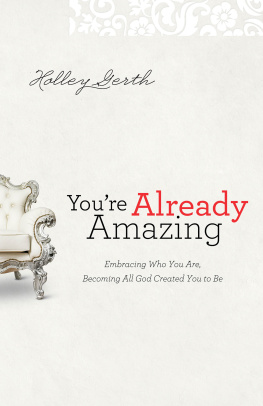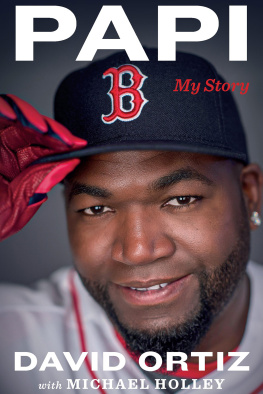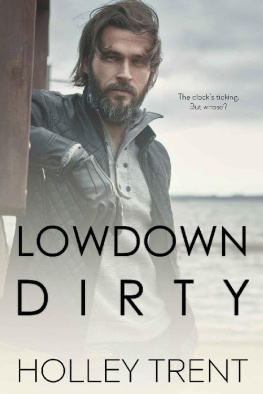Michael Holley - The Big Three
Here you can read online Michael Holley - The Big Three full text of the book (entire story) in english for free. Download pdf and epub, get meaning, cover and reviews about this ebook. year: 2020, publisher: Hachette Books, genre: Detective and thriller. Description of the work, (preface) as well as reviews are available. Best literature library LitArk.com created for fans of good reading and offers a wide selection of genres:
Romance novel
Science fiction
Adventure
Detective
Science
History
Home and family
Prose
Art
Politics
Computer
Non-fiction
Religion
Business
Children
Humor
Choose a favorite category and find really read worthwhile books. Enjoy immersion in the world of imagination, feel the emotions of the characters or learn something new for yourself, make an fascinating discovery.

- Book:The Big Three
- Author:
- Publisher:Hachette Books
- Genre:
- Year:2020
- Rating:3 / 5
- Favourites:Add to favourites
- Your mark:
- 60
- 1
- 2
- 3
- 4
- 5
The Big Three: summary, description and annotation
We offer to read an annotation, description, summary or preface (depends on what the author of the book "The Big Three" wrote himself). If you haven't found the necessary information about the book — write in the comments, we will try to find it.
The Big Three — read online for free the complete book (whole text) full work
Below is the text of the book, divided by pages. System saving the place of the last page read, allows you to conveniently read the book "The Big Three" online for free, without having to search again every time where you left off. Put a bookmark, and you can go to the page where you finished reading at any time.
Font size:
Interval:
Bookmark:
Belichick and Brady
War Room
Red Sox Rule
Patriot Reign
Copyright 2020 by Michael Holley
Cover design by Amanda Kain
Cover photograph Brian Babineau / Getty Images
Cover 2020 Hachette Book Group, Inc.
Hachette Book Group supports the right to free expression and the value of copyright. The purpose of copyright is to encourage writers and artists to produce the creative works that enrich our culture.
The scanning, uploading, and distribution of this book without permission is a theft of the authors intellectual property. If you would like permission to use material from the book (other than for review purposes), please contact permissions@hbgusa .com. Thank you for your support of the authors rights.
Hachette Books
Hachette Book Group
1290 Avenue of the Americas
New York, NY 10104
HachetteBooks.com
Twitter.com/HachetteBooks
Instagram.com/HachetteBooks
First Edition: December 2020
Published by Hachette Books, an imprint of Perseus Books, LLC, a subsidiary of Hachette Book Group, Inc. The Hachette Books name and logo is a trademark of the Hachette Book Group.
The Hachette Speakers Bureau provides a wide range of authors for speaking events. To find out more, go to www.hachettespeakersbureau.com or call (866) 376-6591.
The publisher is not responsible for websites (or their content) that are not owned by the publisher.
Library of Congress Control Number: 2020945284
ISBNs: 978-0-316-48994-2 (hardcover), 978-0-316-48993-5 (ebook)
E3-20201107-JV-NF-ORI
For Nana and GrandpaKathryn Sales Darnell and Goldman Bookerwhose proverbs continually guide me
Proverbs 4:2022, NRSV
T hat days business meeting in Phoenix was supposed to be a simple one. The plan in the spring of 2003 was for Danny Ainge to go to Sky Harbor International Airport in the morning, personally pick up a friend arriving from Boston at eleven oclock, and eventually recommend some candidates for an executive position.
Theyd get in a round of golf, with tee time scheduled for one thirty. Go over some dynamic names. Have dinner. Easy.
Ainge was perfect for assignments like these. Not only did he have an abundance of contacts and opinions, but he was also an expert on the topic: pro basketballspecifically, the Boston Celtics.
His friend was Steve Pagliuca, one of the Celtics new co- owners. Months earlier, Pagliuca, Wyc Grousbeck, Bob Epstein, and several partners had paid more for the Celtics, $360 million, than anyone had paid for a team in NBA history. That was 2002. Pagliuca and Grousbeck, longtime and excitable Boston fans, spoke publicly of bringing championship basketball to the city; in private, to confidants like Ainge, they confessed that they wanted to hire a championship team-builder, too.
Pagliuca respected Ainge and liked the way he thought. The two of them attended the 2000 U.S. Open at Pebble Beach, which Tiger Woods dominated with a 15-stroke victory. When they werent talking about golf as they walked the famed course, they discussed pro basketball. Pagliuca remembered those conversations when his group bought the Celtics, and he asked Ainge then to take the job. But Ainge was enjoying his life as a TV analyst. He turned Pagliuca down, but that didnt stop them from joyfully debating basketball in the lounge of Bostons Four Seasons Hotel, sometimes until one a.m., whenever Ainge was in New England.
The last great Celtics team, from 1986, included four Hall of Famers in the starting five: Larry Bird, Kevin McHale, Robert Parish, Dennis Johnson. The fifth starter was a six-foot-four guard named Ainge, born to be a gamesman. He could backflip off a diving board before he was five. Growing up in Oregon, he was the teenager who was All-State in three sports. He was twenty when he got three hits in his Major League Baseball debut, weeks after completing his sophomore year of college. When he returned to Brigham Young University as a junior, he earned all-conference and All-American. In basketball. He became a Celtic at twenty-two. He won his first Boston title at twenty-five.
It was hard to pin down Ainge precisely as just one thing all the time. Hed touched all sides of the basketball business. By the time he retired in 1995, hed played in six NBA Finals. Been an All-Star. Been traded. Traveled with and teased by Bird. Tangled with and taunted by Michael Jordan. He was the prankster who became a coach, briefly, and won 70 percent of his games in his first full season. Hed done national TV, too: an analyst who wasnt partial to his era of ball. He was no in my day type. He often praised modern players and took mythology away from ones hed traded elbows with. In fact, he once scolded his boss, basketball deity Red Auerbach, at a Christmas party in 1988. He looked around the room and saw his best friend, McHale, limping. He pointed to Birds surgically repaired feet. He shook his head and told Auerbach, the sports original front-office genius, Id trade these guys.
Pagliuca knew Ainge wouldnt give him convenient clichs. The ownership group wanted names of elite team-builders. Whats the point of spending all that money if you dont have a creative visionary making basketball decisions? Ainge promised to help.
When Pagliuca arrived in Phoenix, he saw Ainge waiting for him outside. The owner got into Ainges gray Ford Taurus, and as they began to drive, it was clear that their original plan was being tweaked. Pagliuca and Ainge were supposed to meet with a candidate, and the three of them would play golf and talk about the Celtics job. But Ainge wasnt hurried.
Lets drive for a while, he told Pagliuca. Weve got some time. You know, Ive given a lot of thought to this
Ainge was trying to get to a point, and it was that he knew the perfect man for the job that Pagliuca had flown hours to discuss.
Him.
That was his recommendation. He could be the one to go back to Boston, twenty-two years after he first stepped on the court there, to make a series of bold basketball decisions. When he stopped coaching, he and his wife, Michelle, had six kids at home, and he needed to spend more time there. But now three of the six were out of the house, and Michelle was open to the idea of a Boston return.
As for Ainges decisions, frankly, many of them might confuse people, in and out of the office. Some people would be confused due to their own assumptions. For example, in Boston, the story naturally could be positioned as a sentimental homecoming. But that wasnt quite it. He wasnt invested in the 1980s or in the way the Celtics typically did business, and not even in what Auerbach imagined as the best way to win again. If anything, he was attached to social experiments. Hed do it to his friends all the time with the intention of getting to some pure, objective truth.
Hed take an indefensible position on something he didnt believe just to see if youd buy the indefensibility. Because if you did, well, maybe it meant that you could be swayed too easily. Or that you dont want to argue with him just because he played in the NBA and you didnt. He certainly wasnt that guy. Either way, he was always trying to sniff out that personality type because that in itself was an obstacle to improvement.
If he took that job in Boston, thered have to be some firm principles.
There could be no player or topic protected from analytical scrutiny.
There could be no quick acceptance of so-called basketball truisms without a challenge.
There could be no exasperation or hopelessness about how hard it is to scout unrealized talent, recruit and coach known talent, manage the salary cap, and ultimately win in pro basketball.
That last one is where many NBA executives lose their spirit.
The contemporary player has been scouted since he was a high school freshman, and a general manager must have some sense of who that player projects to be by the time hes nineteen or twenty. Even so, that players motivations might change when given guaranteed millions and international attention. For those who find talent, develop and expertly coach it, the heartbreak is sometimes crass and sudden: The talent might want to play elsewhere, in a better city, for a better team, or leave simply in the name of change. It wasnt that way in the 1980s for several reasons, and intelligent team-builders understand that they dont have time to rant about it. Too much looking back will get you fired.
Font size:
Interval:
Bookmark:
Similar books «The Big Three»
Look at similar books to The Big Three. We have selected literature similar in name and meaning in the hope of providing readers with more options to find new, interesting, not yet read works.
Discussion, reviews of the book The Big Three and just readers' own opinions. Leave your comments, write what you think about the work, its meaning or the main characters. Specify what exactly you liked and what you didn't like, and why you think so.

